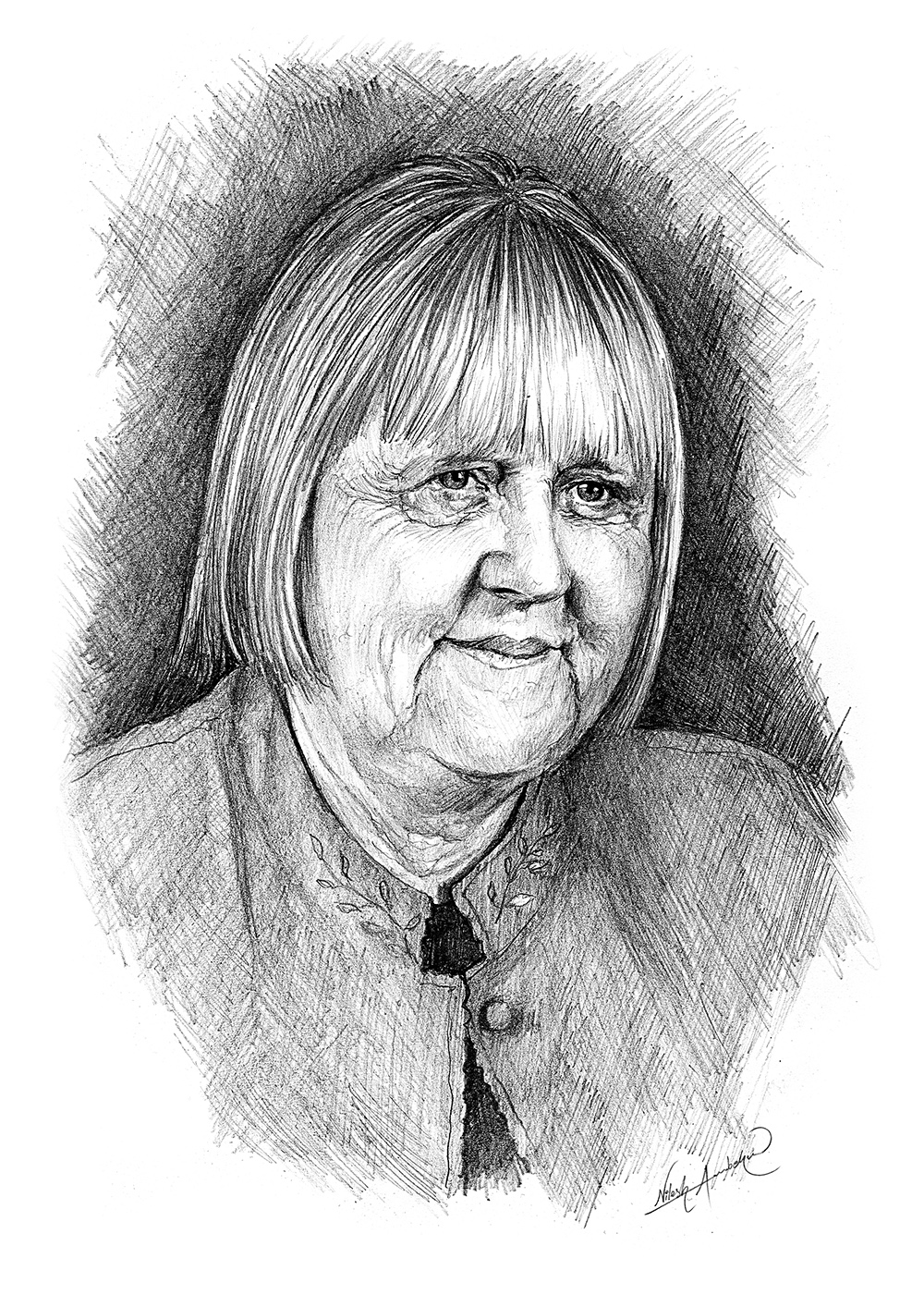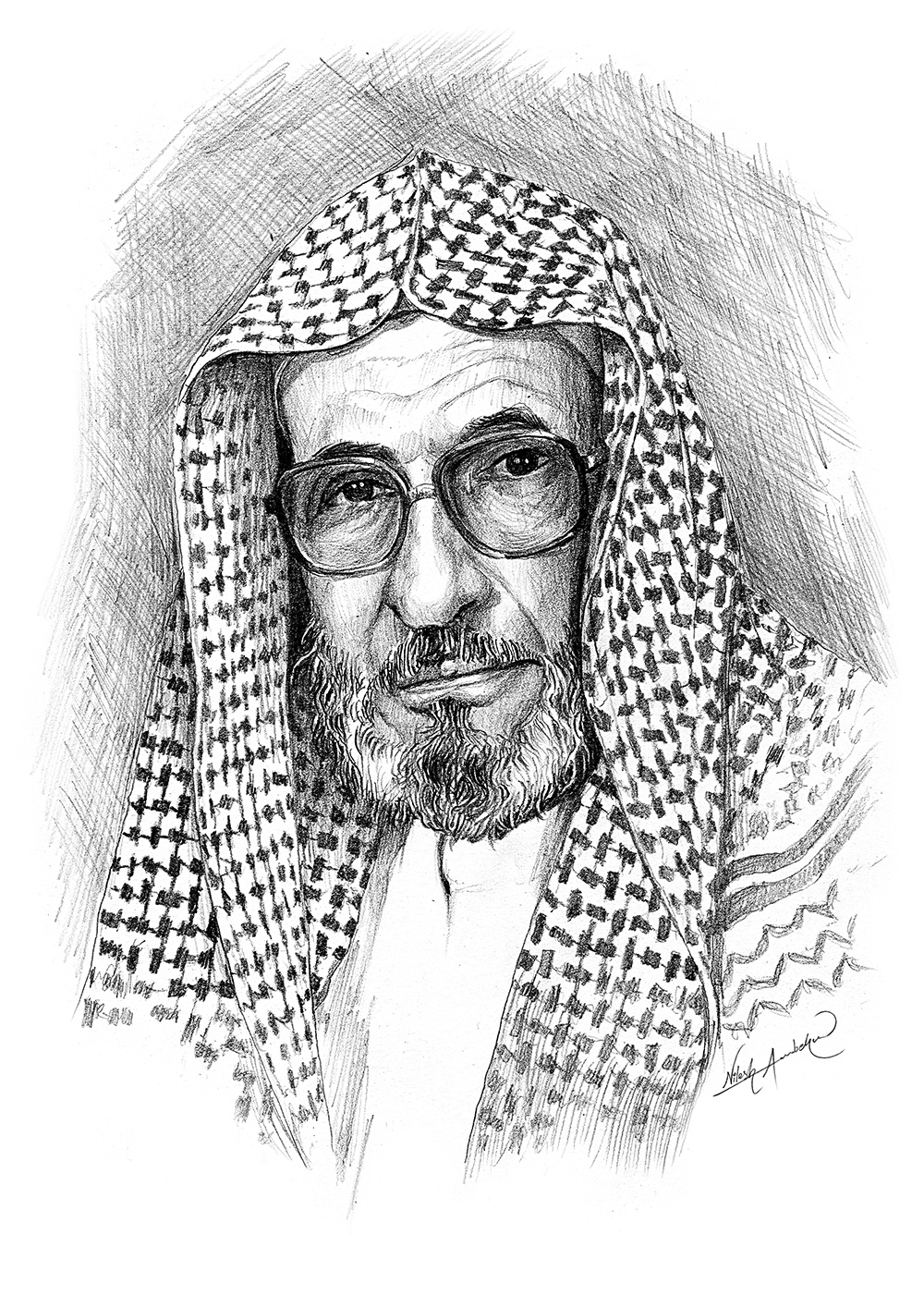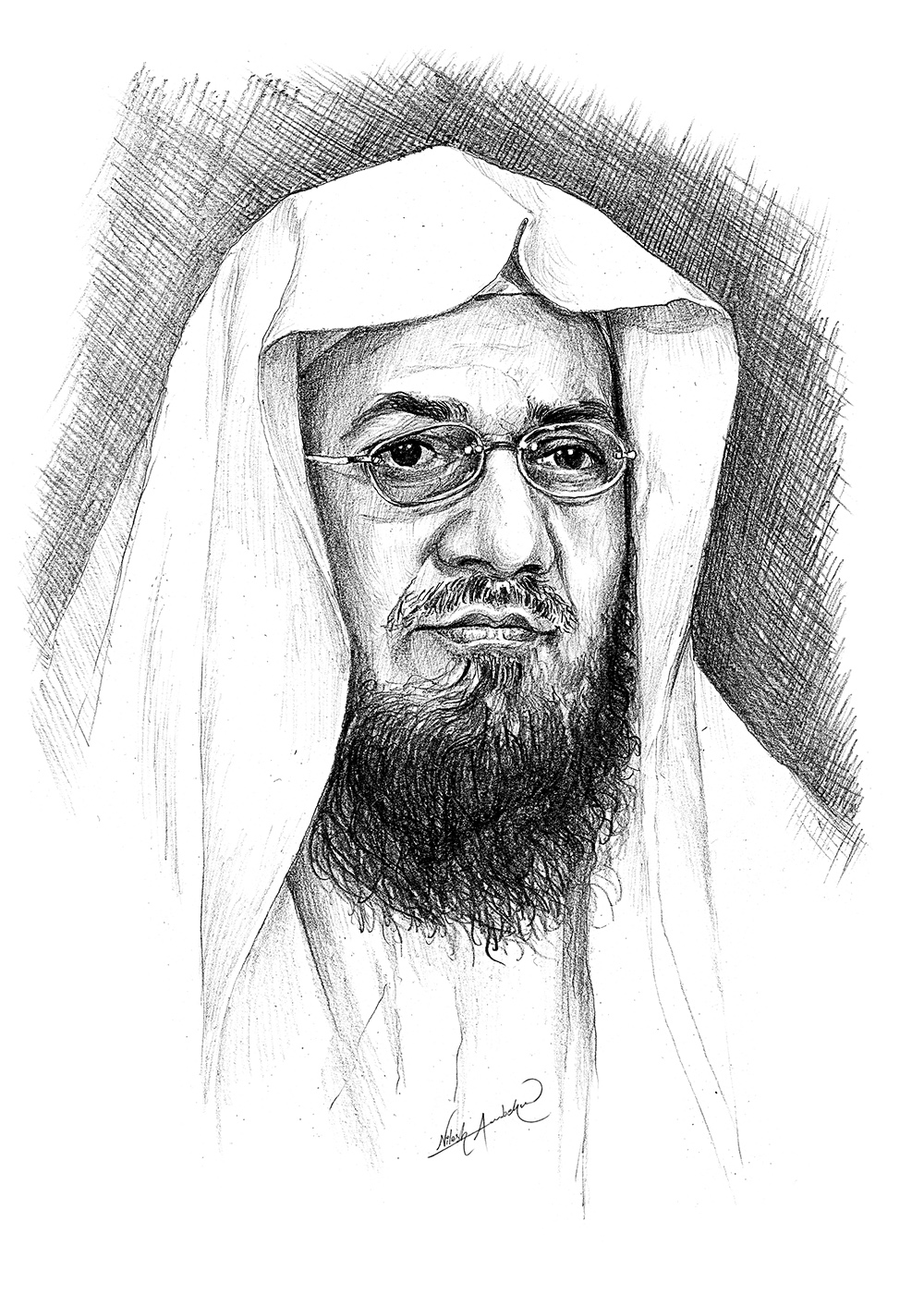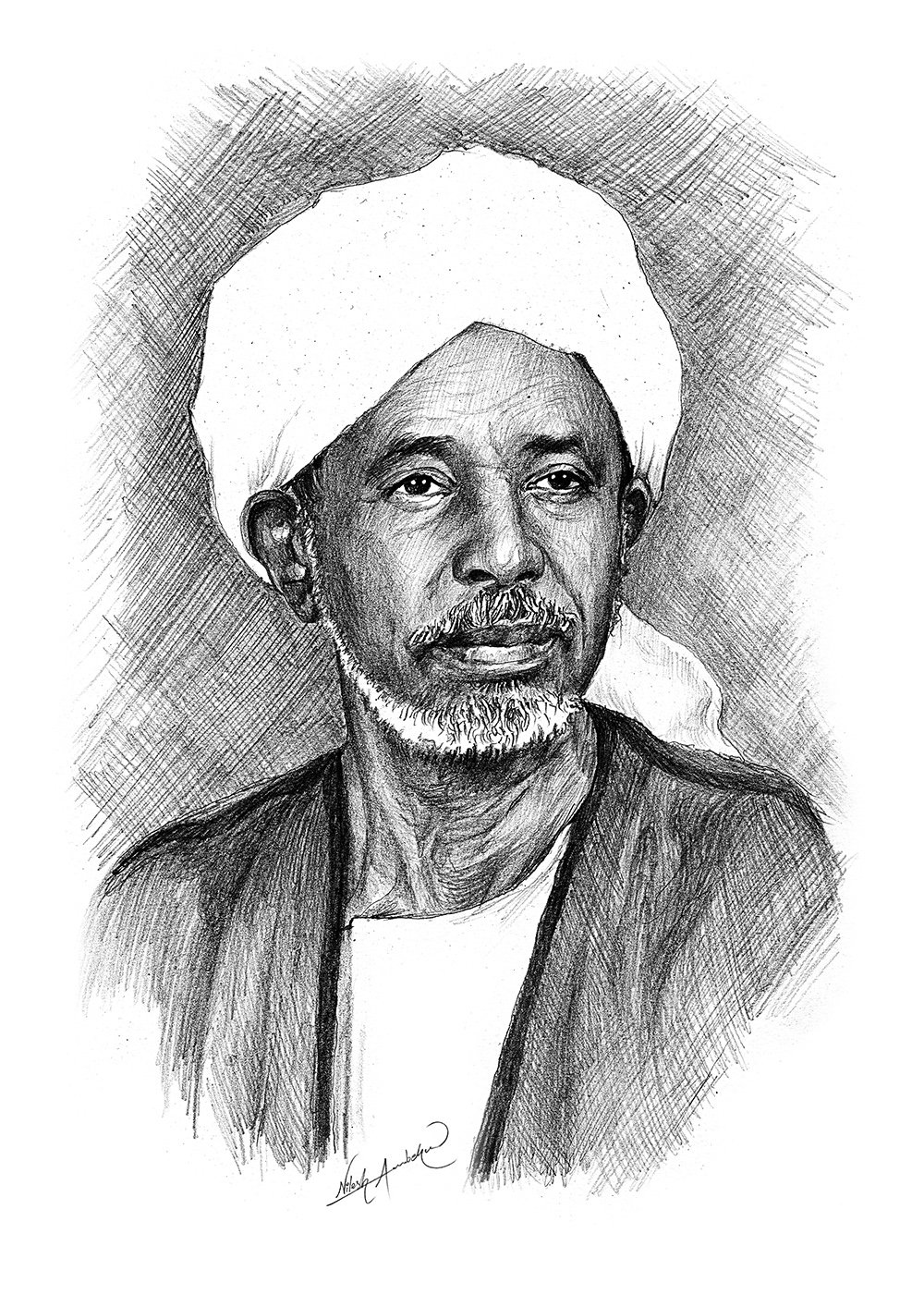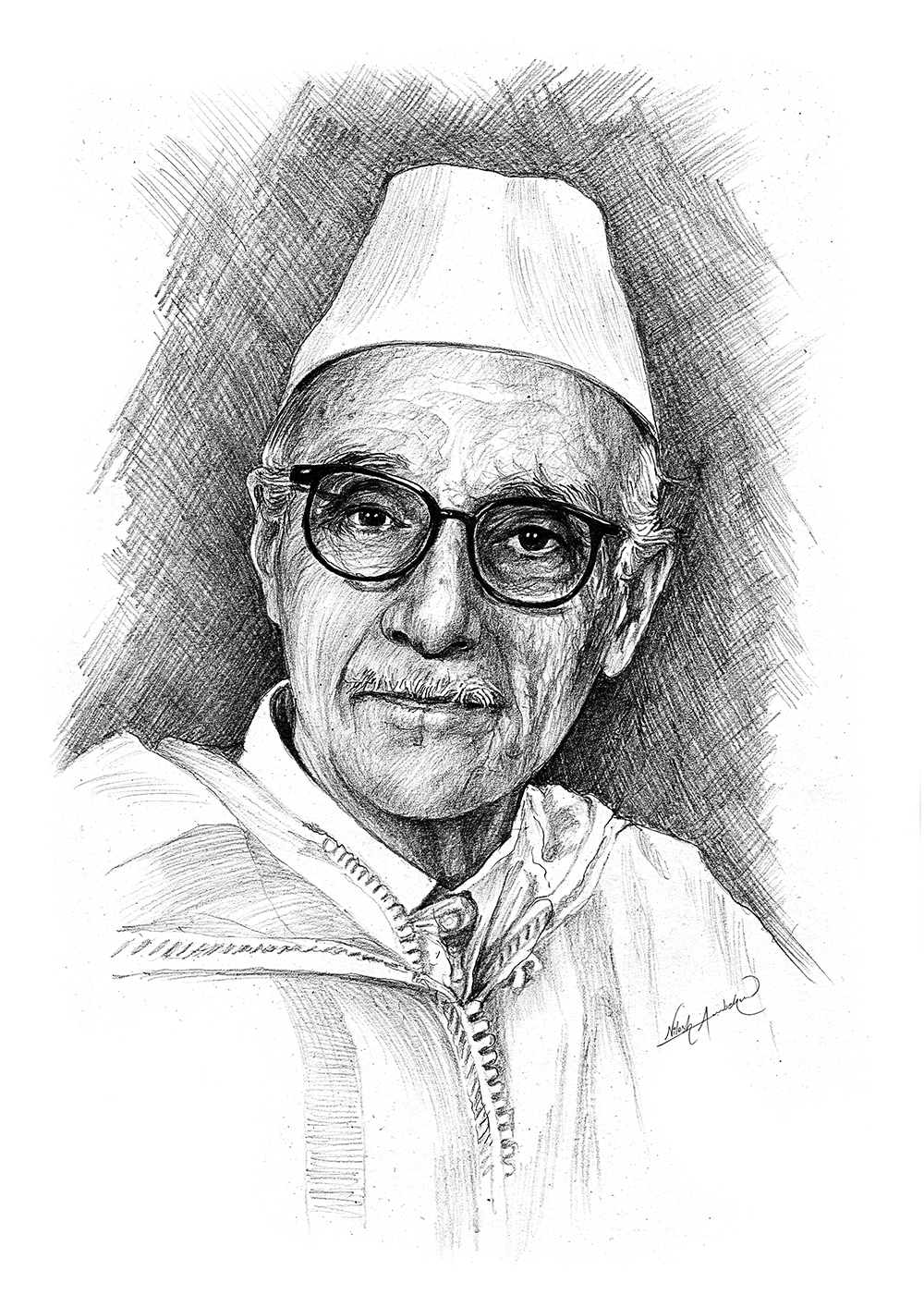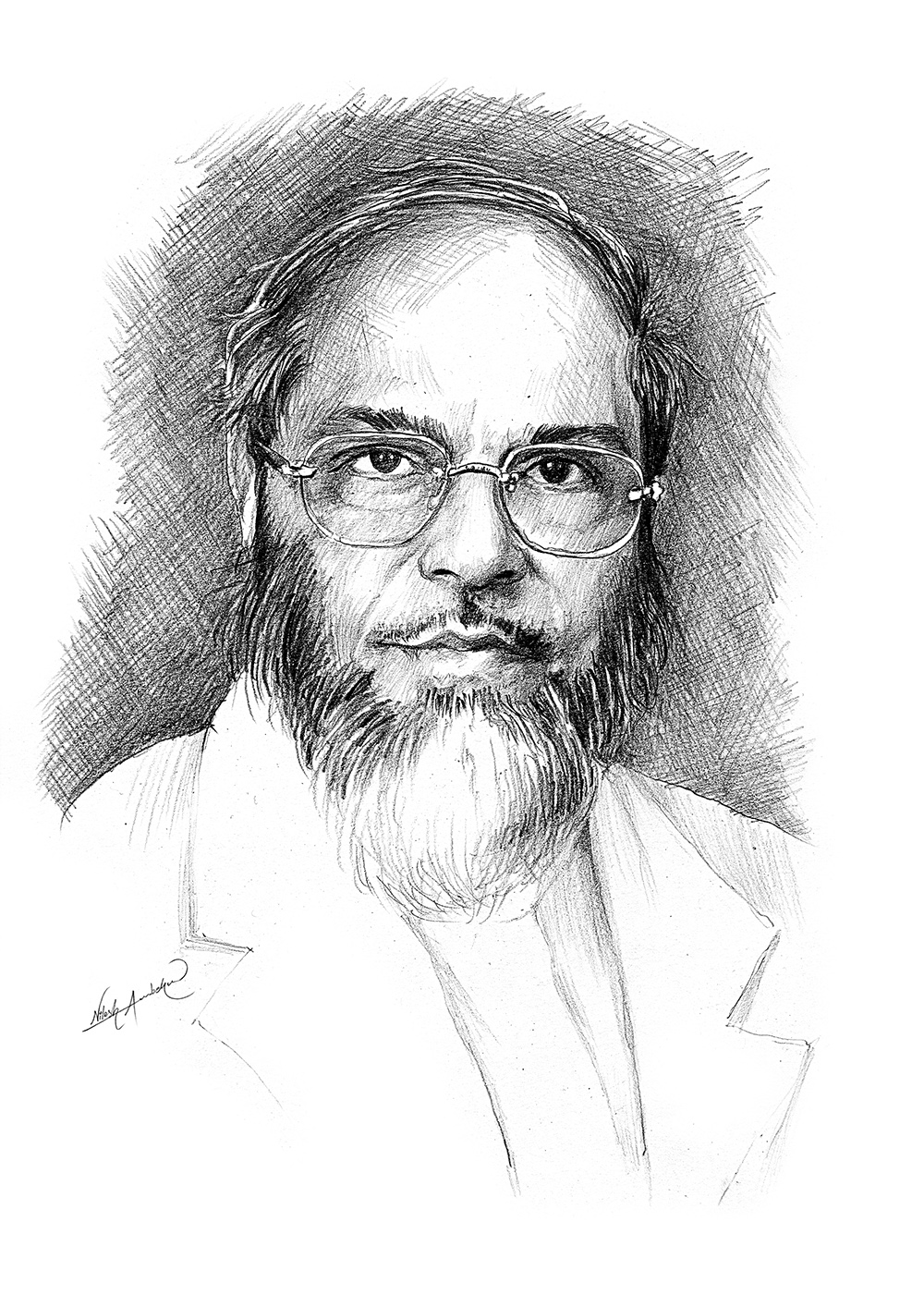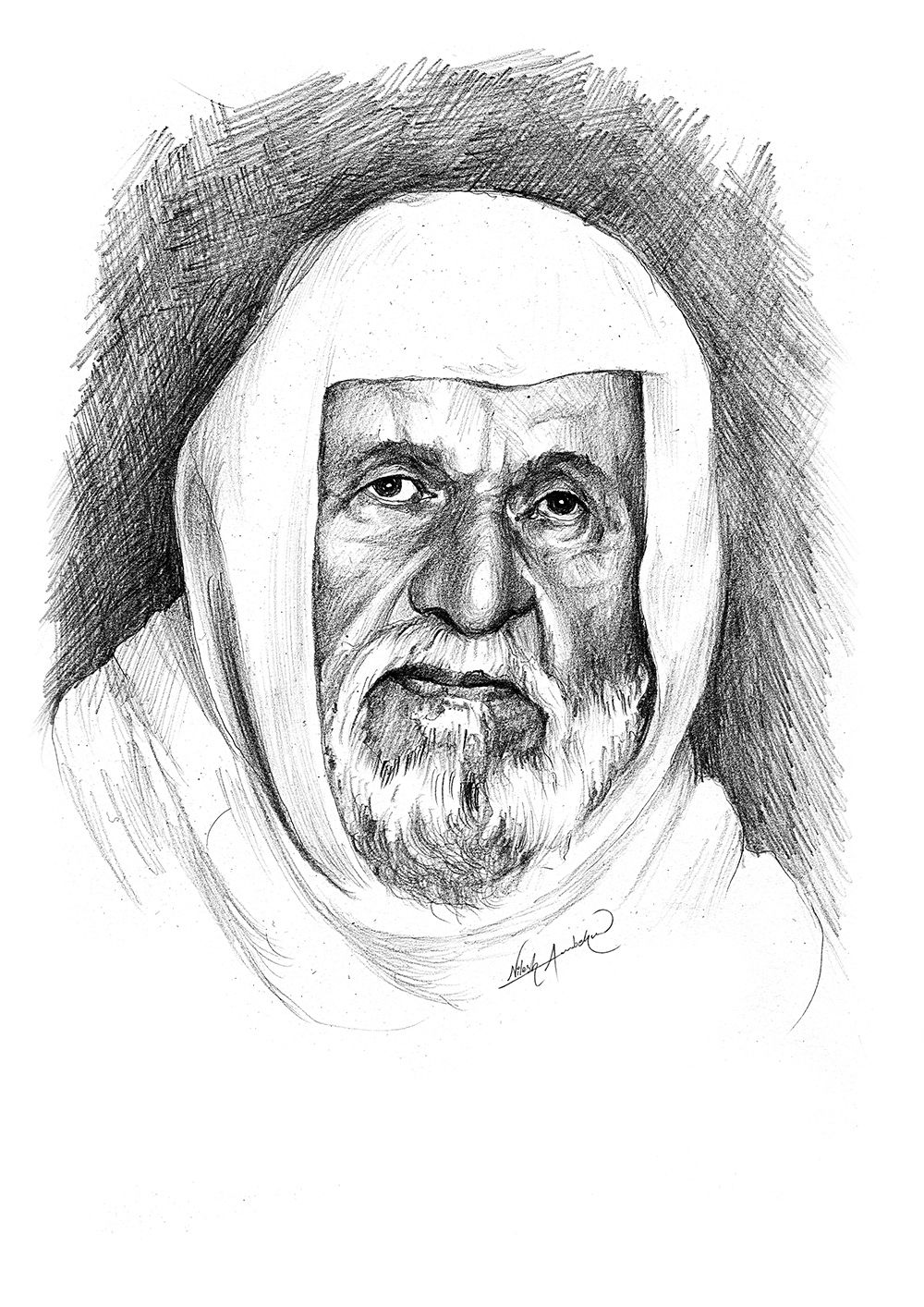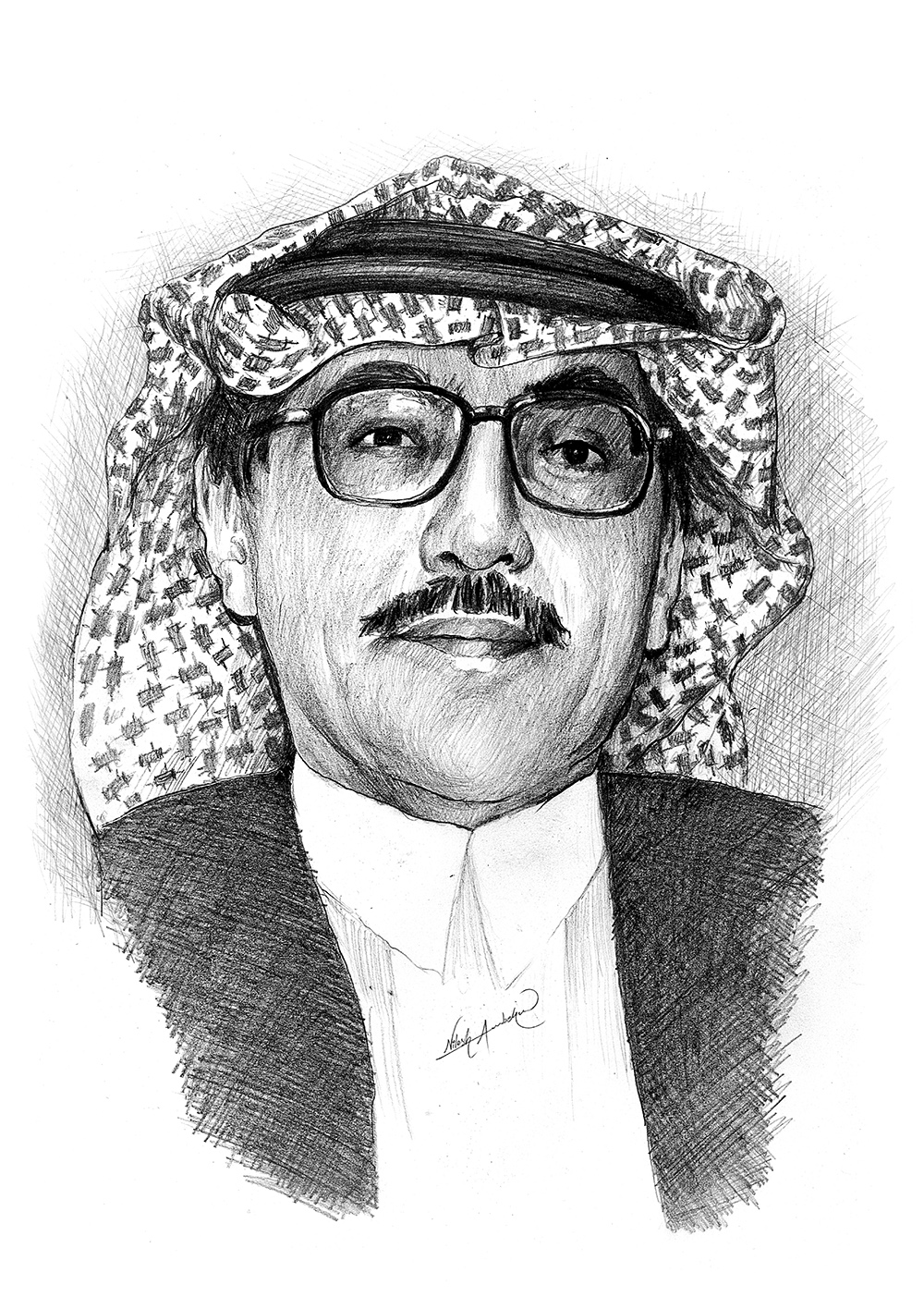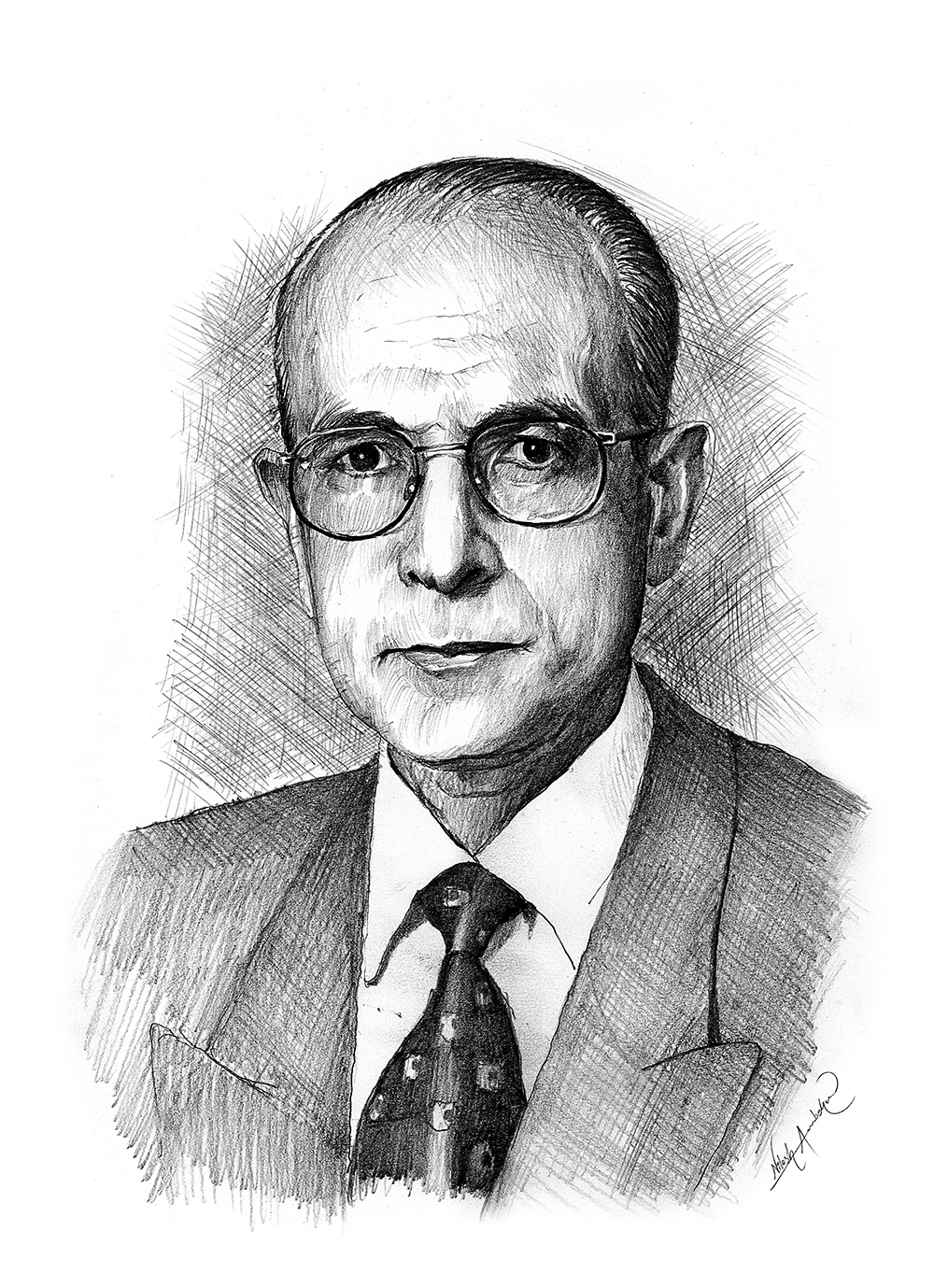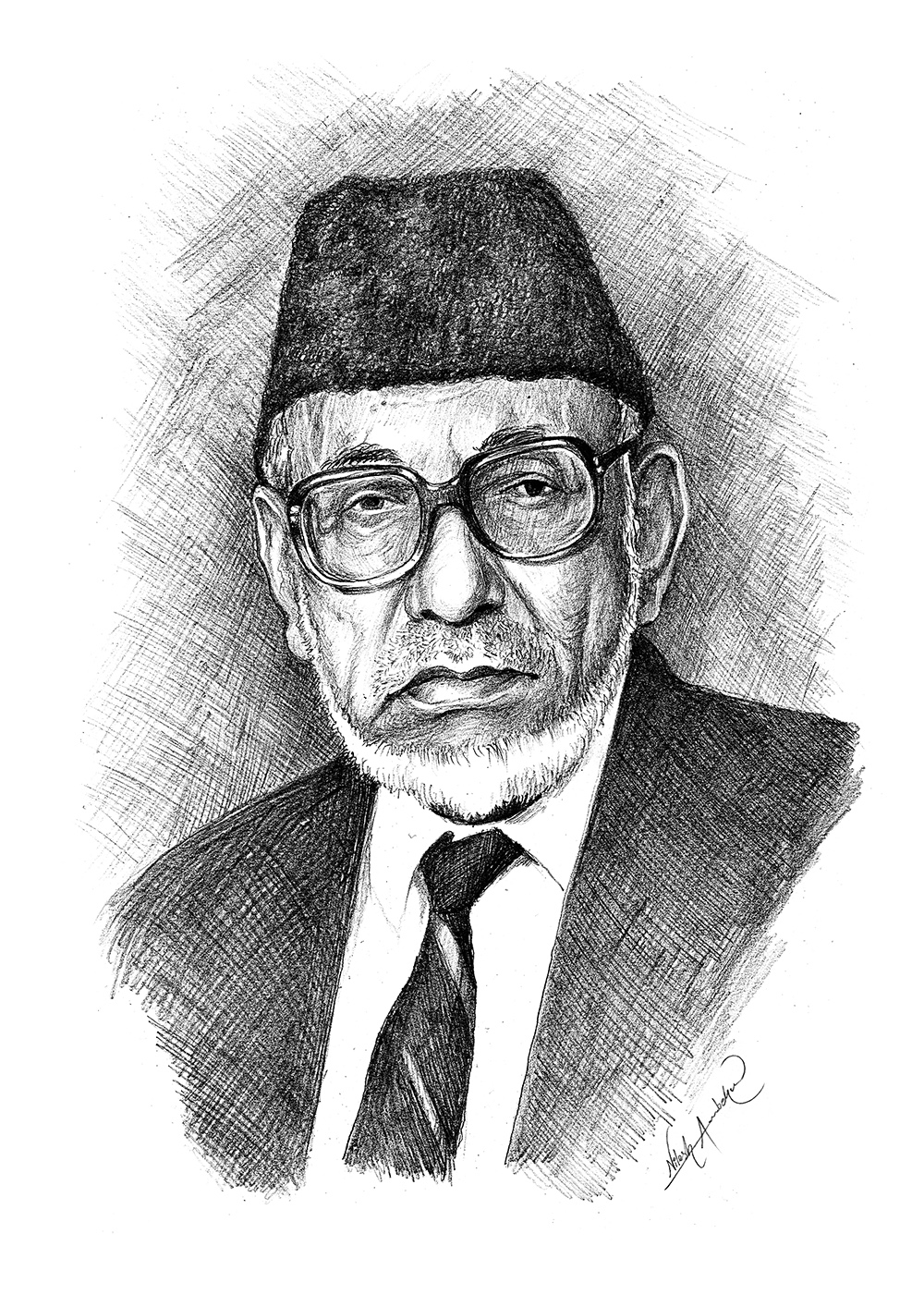Carole Hillenbrand was educated at the universities of Cambridge (Modern and Medieval Languages), Oxford (Oriental Studies: Arabic and Turkish) and Edinburgh (medieval Islamic history). She is currently an Honorary Professorial Fellow and a Professor of Islamic History at the University of Edinburgh. She served as a Head of the Department of Islamic and Middle Eastern Studies from 1997-2002, and was a Visiting Professor at the University of Groningen (Netherlands) and an invited lecturer at many Arab Universities. She has also served as the Vice-President of the British Society for Middle Eastern Studies since 2003, an Islamic Advisory Editor at Edinburgh University Press since 1983, and an Editor of the series entitled Studies in Persian and Turkish History, published by Routledge since 1999.
Professor Hillenbrand’s research interests include the Crusades, the Seljuqs of Iran, and Turkey and medieval Muslim political thought, especially the work of Al-Ghazali. She published four books and edited two (one with Edmond Bosworth), and authored and co-authored numerous articles, around 25 book chapters, and 15 Encyclopedia articles. In many of her publications, she approaches her subject from such varied disciplines as biography, poetry, epigraphy, Islamic theology and politics.
The Crusades: Islamic Perspectives (1999), which represents the culmination of Professor Hillenbrand’s accomplishments in that part of Islamic history, was the first ever attempt by a European scholar to examine the history of the Crusades through Muslim eyes. This groundbreaking 648-page book focuses exclusively on Arabic and Persian sources to provide a more nuanced view than the previous Eurocentric perspective of the Crusades. It contains a wealth of information and is copiously illustrated and supported by a vast selection of references.
Professor Hillenbrand’s revolutionary approach to the largely one-sided subject of The Crusades has sought to redress several of the misconceptions shrouding them. Employing objectivity, preciseness and clarity of thinking, she has located several original texts, written in different languages and previously un-translated, in support of her refreshing examination of the many stereotypes that have pervaded western literature on this subject. The Crusades: Islamic Perspectives, the culmination of her relentless endeavours, has been the first work of its kind to address this era through Muslim eyes, thereby making it possible for history to be viewed from a more balanced and impartial perspective.
This biography was written in the year the prize was awarded.

